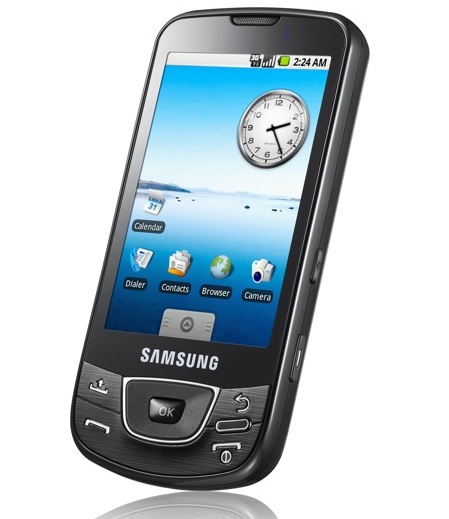Generally, when people get into debates or arguments, it's live and in real time, like at the dinner table, in the classroom, the break room, the water cooler, or at the bar. This is essential to the romanticized version of democracy, where people are well-informed and debate politics all the time. What happens, though, when people are debating over a policy and cannot agree on a fact that's central to the strength of either argument? In the past, the debate probably would have just ended. Today, though, this dynamic has largely changed due to the advent of the search engine and the smart phone. However, like the bar bet, it's not clear that the effects are all good.
Google has obviously made gathering facts ridiculously easy. So what used to be a long drawn out process of research for a response paper has become a blog post response the following day. And perhaps what used to be an impasse in a public debate is no longer. Thinking about bar bets again, Google definitely expanded the range of bar bets, since now you could look up almost anything, whereas before, some information was actually pretty tough to find. But as I mentioned before, outside of the context of the bar bet, it's not at all clear that people will take out their laptops and look something up fast enough to continue the thread of the conversation.
Another theory that I actually find somewhat convincing is illustrated by this video:
Notice how everyone there is certain that Holder is anti-gun but can't name anything specific? This happens to all of us. We are exposed to so much information that there's simply no way we can keep it all in our heads. Before search engines, people had to trust that others knew things they didn't and so that is how the fact barrier was broken. Now, we know we've seen it somewhere - so we'll just google it! That's what we think to ourselves when we file away the information - you remember the basic idea and players so you can find it later. The end result is that now, there are a great many facts on the table that were not before. We all know everything, or heard it somewhere once, and that's good enough. That means that the fact impasse has probably grown in scope after Google came around! Because we've been exposed to so much, yet remember so little about it, we reach that point in live debates much more often, and it can be effectively used as a shield. As of course, because google is so easy, you don't even have to do it yourself - just tell the other person she should google it, and she'll see.
Of course the sheer amount of information available creates a related problem: different people's "facts," even when they do bother to sit down and look them up, are inherently contradictory. So not only has the constant memory-jog phenomenon enhanced the "fact impasse" as I discussed, but facts are genuinely believed to be different much of the time, making the discourse that much more difficult. This is also related to Andrea Schlesinger's book, The Death of Why, the main thesis of which is that search engines are making us "search" rather than "question." According to Schlesinger, high schoolers are turning in "research assignments" that consist of the top three google results, and more generally, the ease of answers has caused us to ask only surface questions, and ignore deeper ones. Anyway, these are related and disturbing phenomena, so I wanted to mention them, but the point of my post is about the dynamics of live interpersonal debate, so let's get back to that.
The smartphone has the potential to fix these problems that search engines created. The Google-but-no-smartphone problem is what I just described, where you tell someone else that you know what you're talking about and they should just google it. Now they can. So theoretically, having the facts at your fingertips should be able to increase the depth of public debate. The bar bet is a factual question - whether or not income taxes have gone up under Obama. But because you can now answer these questions, you can go on to debate the merits of Obama's tax policies more fully informed. Of course, this is all subject to the caveat that you can agree on a news source once you're on the internet.
So while the bar bet might well be dead because we can easily find out who had the most yards and receptions, arguing about the greatest receiver ever may well be getting a whole lot more interesting.
